Description
This course provides insights into sustainable practices in animal husbandry, focusing on ethical and eco-friendly methods of raising livestock. You’ll explore topics like animal nutrition, pasture management, humane treatment, and waste management, all with an emphasis on sustainability. The course also discusses rotational grazing, natural feed options, and ways to reduce the environmental impact of livestock farming. Ideal for small-scale farmers and agricultural enthusiasts, this course offers practical knowledge for maintaining healthy, productive animals while fostering environmental stewardship. By the end, you’ll be equipped to create a balanced, sustainable animal husbandry system that benefits both livestock and the ecosystem.

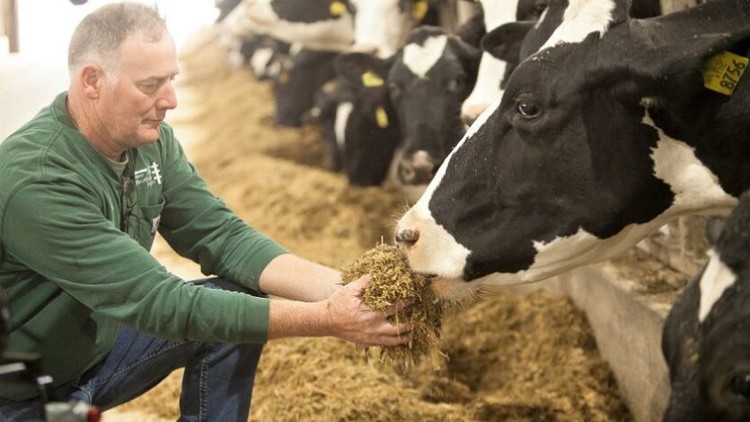
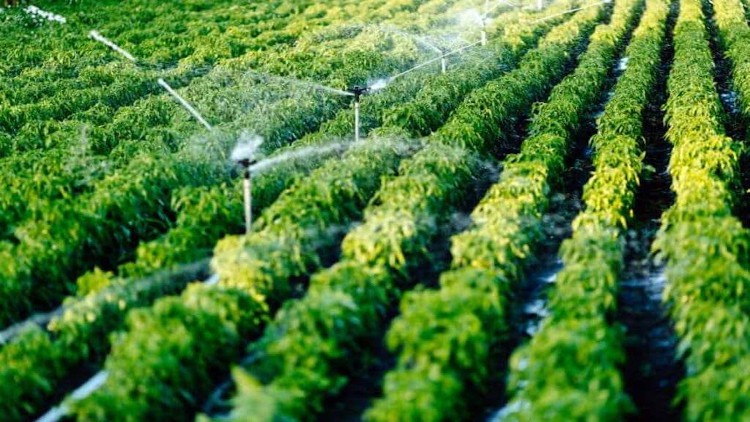
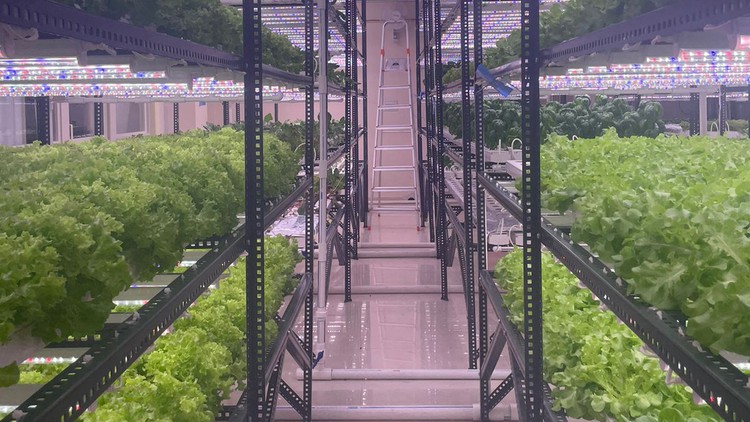
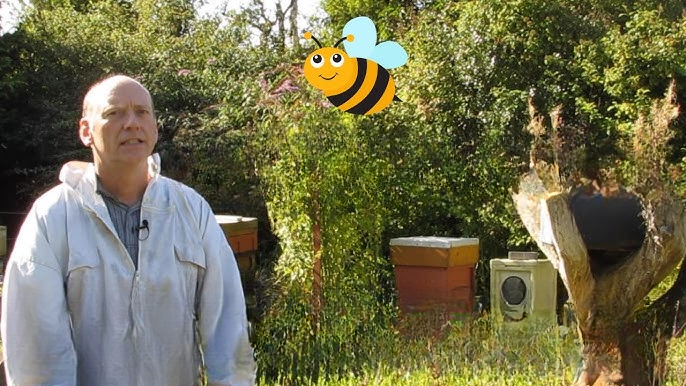
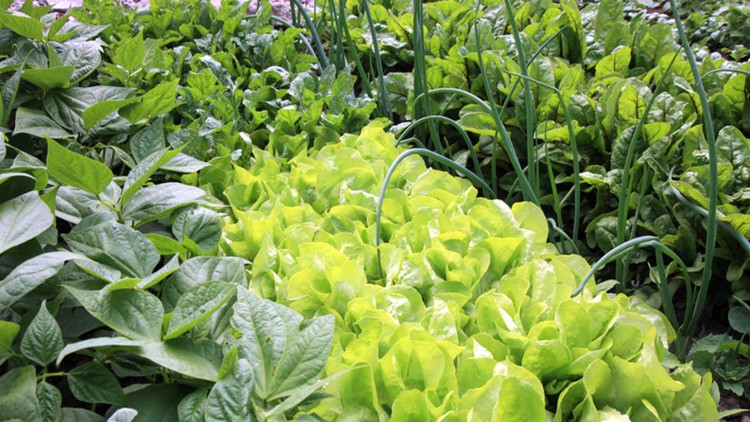
Okon –
“This online course on Sustainable Animal Husbandry was an eye-opener. I’m a dairy farmer with 15 years of experience, but I learned so much about sustainable practices that I wish I had known sooner. The instructor was knowledgeable and engaging, providing practical guidance on reducing environmental impact, improving animal welfare, and enhancing profitability. I highly recommend this course to anyone in the animal husbandry industry seeking to operate a more sustainable and ethical enterprise.”
Chinedu –
“I enrolled in the ‘Sustainable Animal Husbandry’ online course with modest expectations, but I was amazed by its quality and impact. The comprehensive curriculum, engaging videos, and knowledgeable instructors provided me with an in-depth understanding of best practices in animal welfare, environmental sustainability, and business management. This course empowered me to make positive changes in my own animal husbandry practices, leading to improved animal health and productivity while reducing environmental footprint. I highly recommend this course to anyone seeking to enhance their knowledge and skills in this vital field.”
Mulikat –
“I highly recommend the ‘Sustainable Animal Husbandry’ online course. The content was incredibly comprehensive, covering every aspect of responsible animal management. The instructors’ expertise and passion for the field shone through, providing valuable insights and practical advice. The course not only enhanced my understanding of sustainable animal practices, but also equipped me with the knowledge and skills to contribute to the welfare of animals and the environment.”